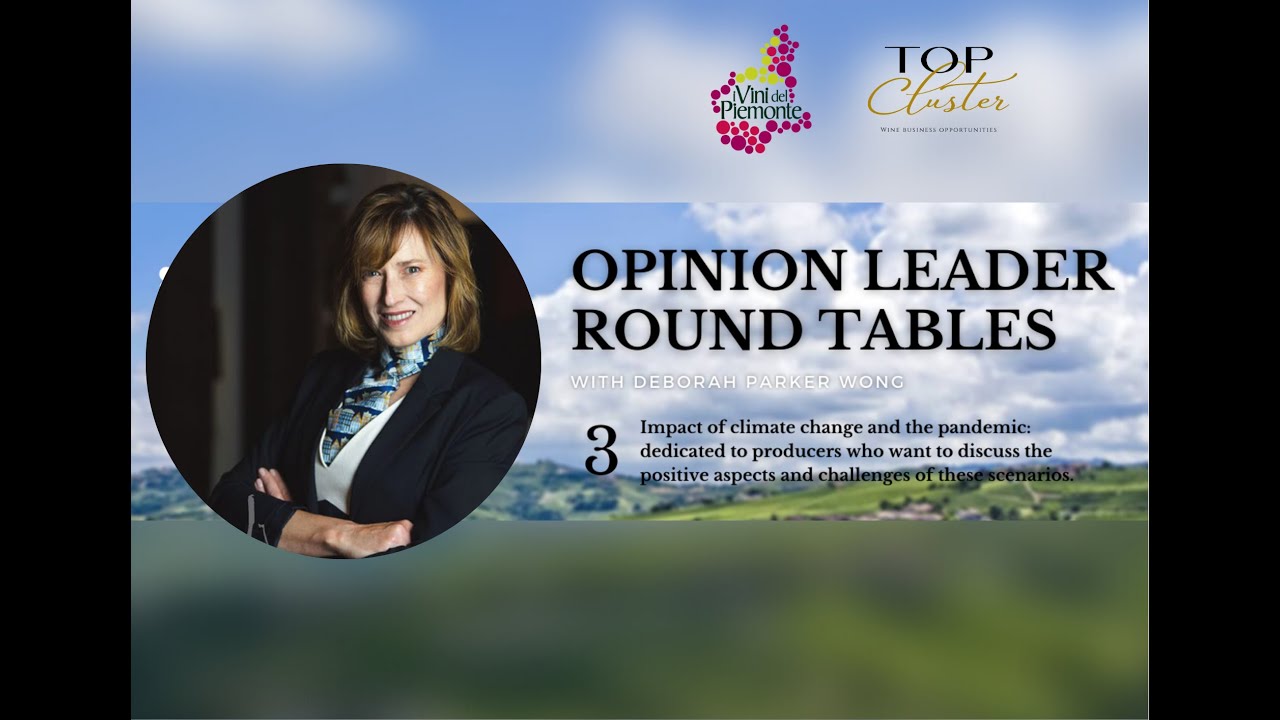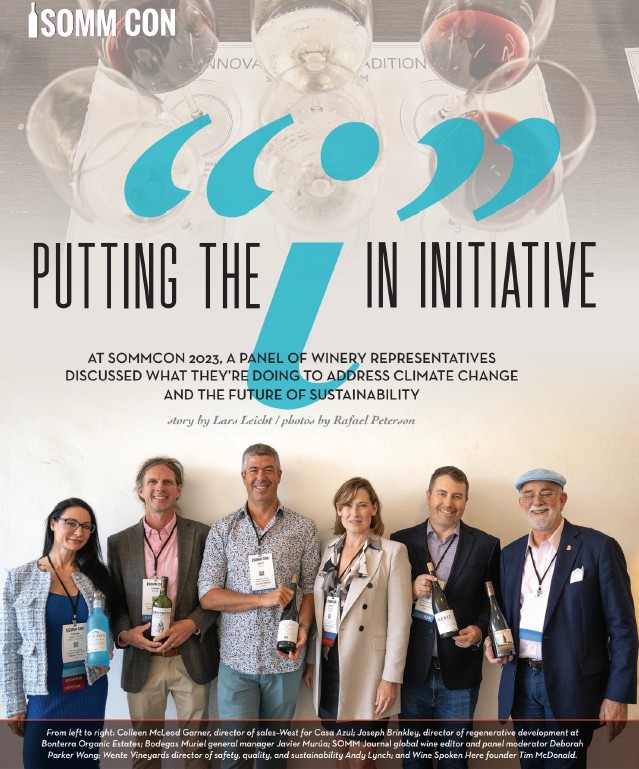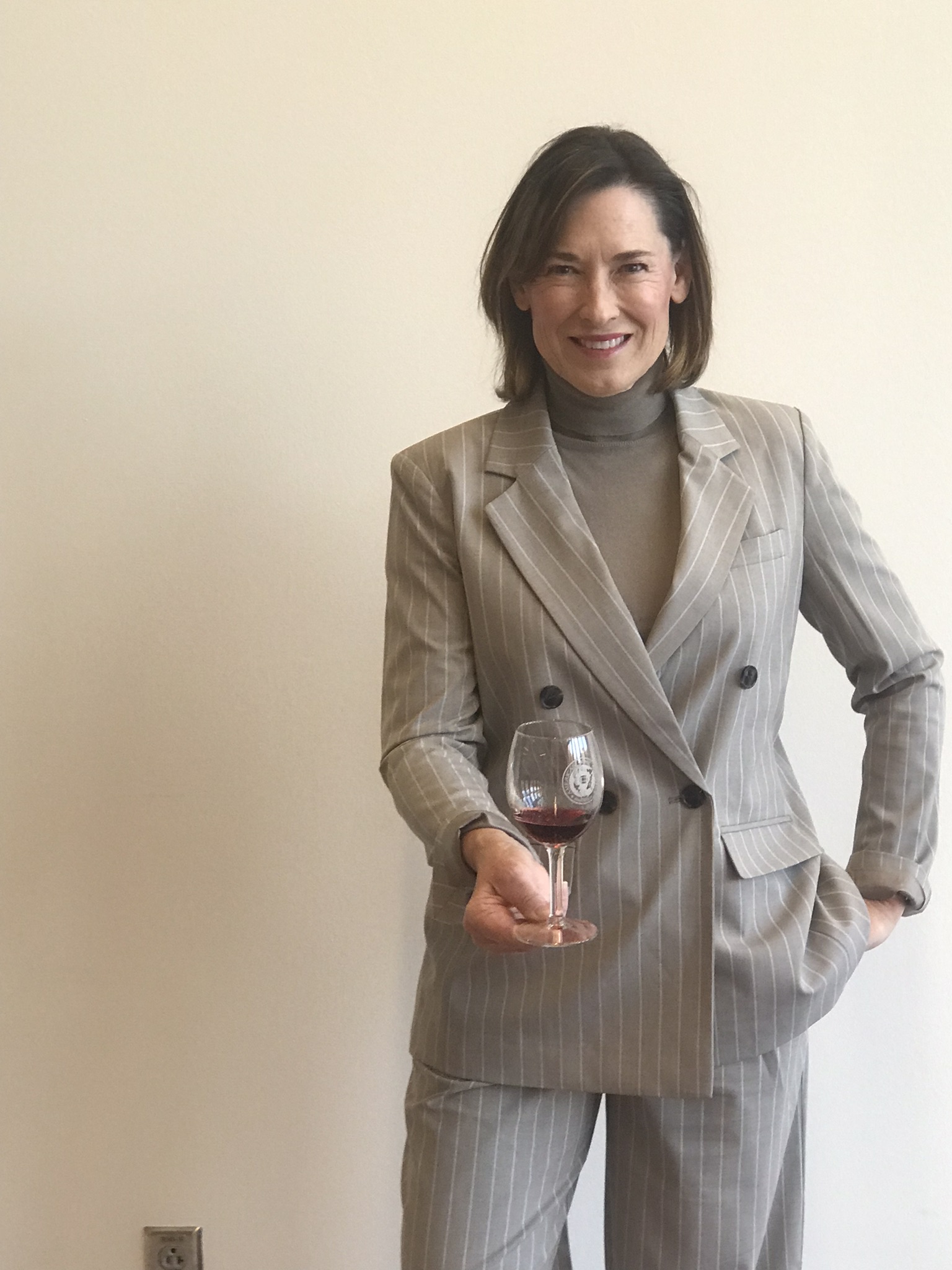We were lucky to catch up with Deborah Parker Wong recently and have shared our conversation below.
Deborah, looking forward to hearing all of your stories today. Let’s jump right into the heart of things. Outsiders often think businesses or industries have much larger profit margins than they actually do – the reason is that outsiders are often unaware of the biggest challenges to profitability in various industries – what’s the biggest challenge to profitability in your industry?
There are a lot of misconceptions about the wine industry. While my professional activities can look and even sound like they are handsomely paid, as a freelance journalist I’ve been making the same per word rate for about the last ten years. While I have senior titles like global wine editor and national editor for print and digital publications, journalism is just one of my many professional activities which include teaching and consulting. Thankfully, I haven’t had to rely solely on income from this skill. I began writing on a part-time basis when I entered the wine industry, and it has absolutely helped me build influence and, most importantly, to learn on the job. The perks that come with being a journalist won’t pay a mortgage but I’ve been able to strike a work/life balance that’s both enriching and rewarding.
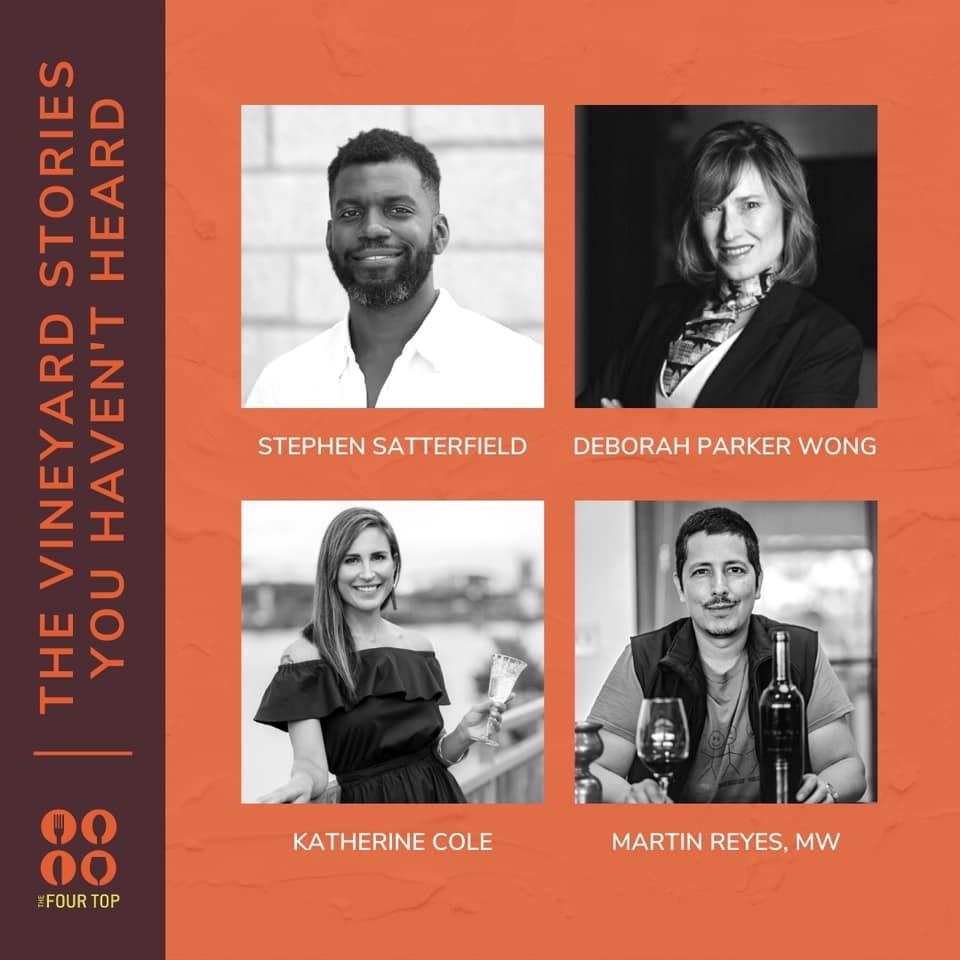
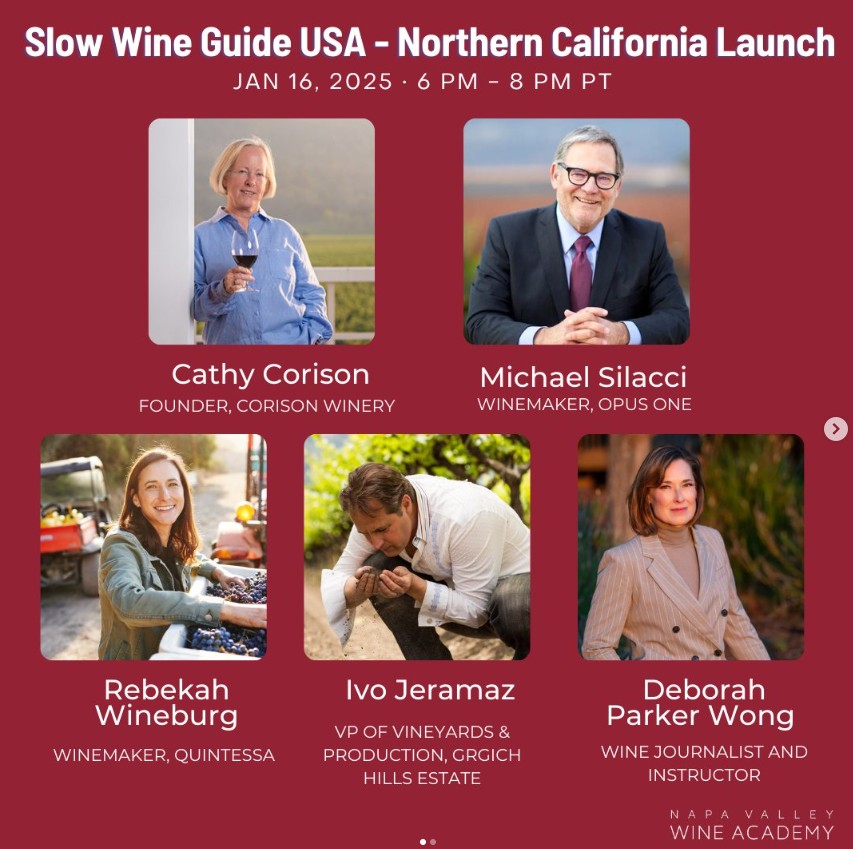
Great, appreciate you sharing that with us. Before we ask you to share more of your insights, can you take a moment to introduce yourself and how you got to where you are today to our readers.
I found my way to wine through food. Here’s the backstory in brief. As a kid I loved to watch Julia Child’s cooking shows on public television and read “Gourmet” magazine. I put myself through college working as a private chef in what was a ‘Julia and Julia’ scenario. I worked as chef in residence from 1979 to 1987 and cooked my way through most of “Mastering the Art of French Cooking” volumes one and two, had a steer butchered to order every year and grew a lovely organic kitchen garden complete with an asparagus trench and blond raspberries; it was farm to table before we even called it that. I was also responsible for maintaining a 5,000-bottle wine cellar chock full of stupendous German wine and my appreciation for fine wine began there.
After I decided to move to San Francisco to continue studying at SF State, I landed a job with a PR firm that had restaurant accounts and worked with celebrity chefs. It was then that I met Tim Gaiser MS and Evan Goldstein MS and started training with the Court. After my daughter was born, I shifted gears and co-directed a high-tech PR firm for several years but kept my hand in with wine classes. There came a point around 2004 when I had some tough decisions to make regarding my children and work/life balance, so I decided to work part time and began writing for “Patterson’s Beverage Journal (now The Tasting Panel Magazine)” I used that flex time to study for the WSET Diploma which I achieved in 2009, and I have never looked back.
My job is unique in that I have multiple revenue streams from a host of professional activities: I teach academic wine classes at local universities and colleges, I own a Wine and Spirit Education Trust school (called an APP) and run classes a few times a year, I am national editor for the annual Slow Wine Guide USA, I write regular columns and features for two trade publications and contribute to others, I consult to wine producer groups and regulatory bodies presenting masterclasses and tastings around the world, and I judge wine competitions globally. I’ve never had a corporate job or one paycheck. I created an infographic to show people how I use my time.
There are a few ways in which I’m different from my peers. Very few journalists teach and very few teachers write professionally; I do both. I think this gives me an advantage in that I’m a news hound and a scientist; my interests are driven by curiosity and the desire to share what I learn with the industry. I’m fortunate to have platforms to explore all of my interconnected interests. I strongly believe in professional development and recently earned a master’s degree in viticulture and enology, sensory science from California State University Fresno. I did this for two reasons: the degree gave me a raise at the three colleges where I teach academic wine classes, and I was able to publish peer reviewed academic research something that had been missing from my body of work.
My work with Slow Wine which is part of the Slow Food global network has evolved from being a curious journalist to an environmental advocate. I’m very proud that we produce an annual wine guide that helps consumers navigate through the confusing and often misleading marketing claims wineries make about their sustainability practices and their products. We do the homework so consumers can make informed choices and support wineries that align with their preferences.
I consider myself a brand. My byline, my WSET school, and all of my social media accounts, email etc. are branded to my name. Because my activities are interconnected – writing informs teaching which polishes public speaking which raises visibility which attracts more industry opportunities etc. – I’m not obsessed with marketing. However, I do take time each year to enter my writing in competitions and apply for research grants etc. all of which help with visibility. While I’ve never paid a dime for social media advertising or premium access to platforms, I do maintain a WordPress archive site for my writing and pay for SEO and analytics plugins to optimize the site.
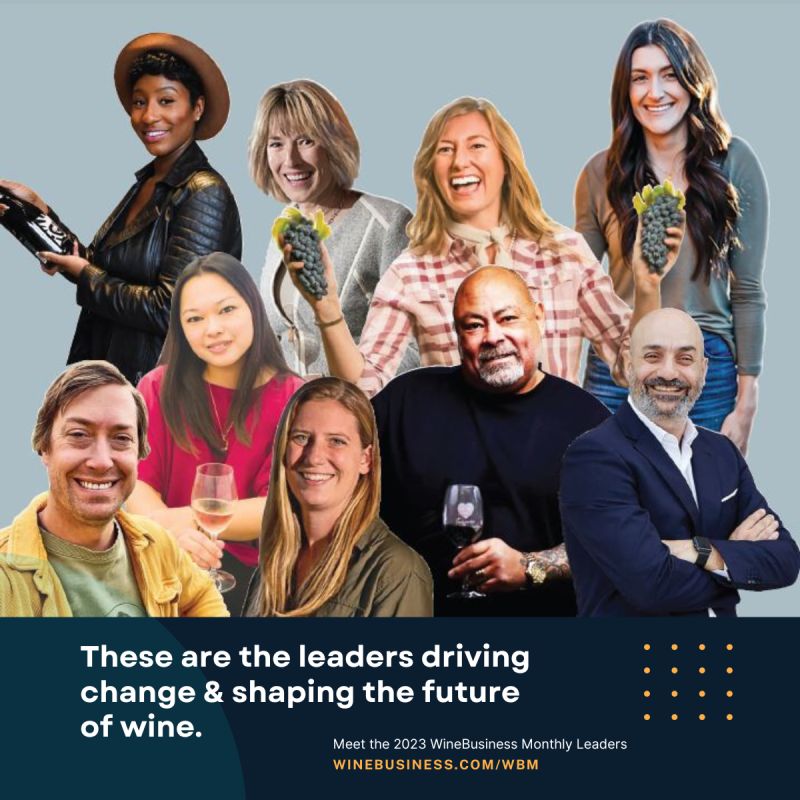
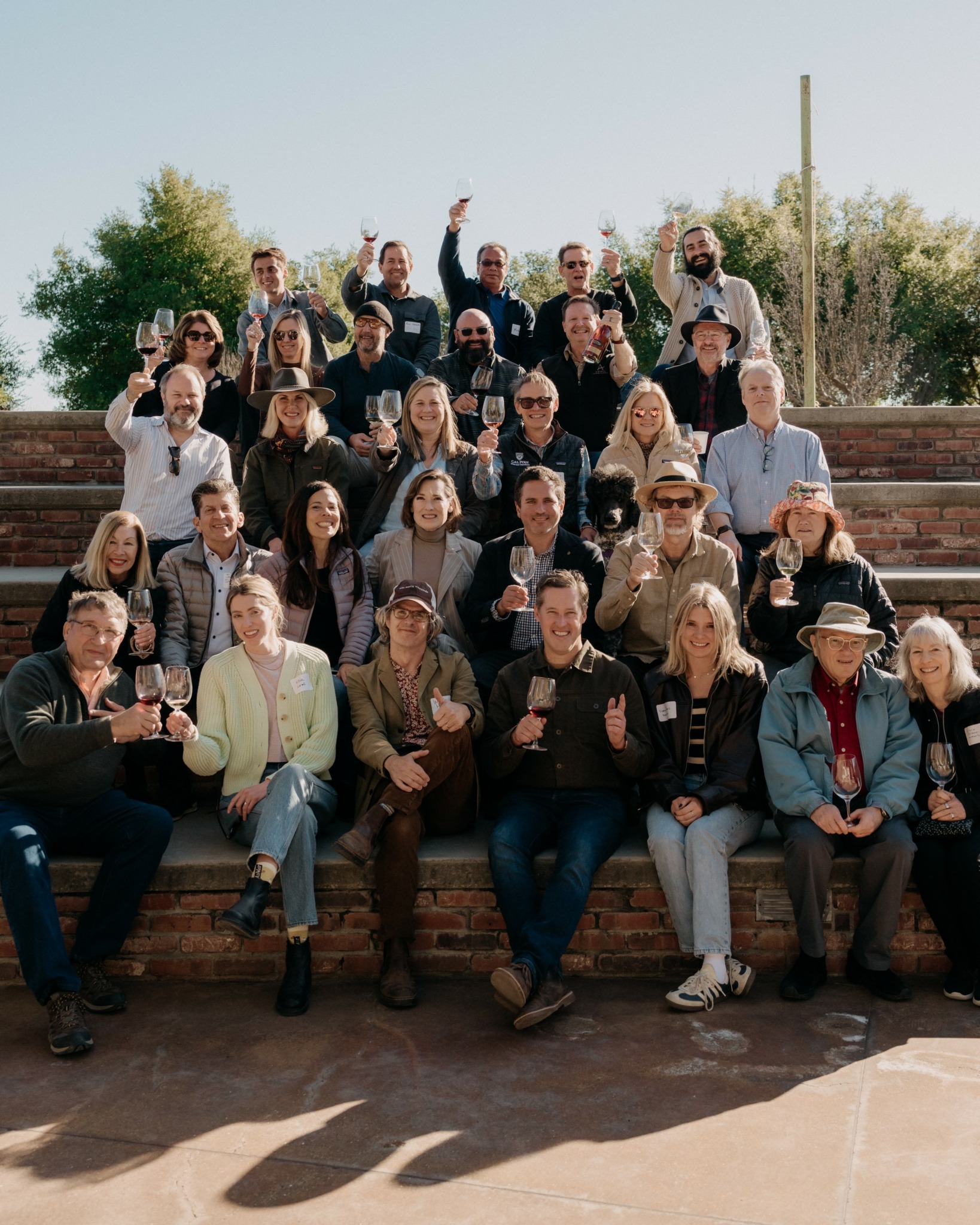
Let’s talk about resilience next – do you have a story you can share with us?
About five years into my career as a journalist and educator, I was attending a wine writers’ conference where a very famous writer and author named Jancis Robinson was jurying a speed writing competition. When announcing the winner of the competition to an audience that included my editor, the presenter said that I had not been selected because I was not “well educated enough.” Public humiliation can be devastating and I never forgot how humble I felt at that moment. With a bachelor’s degree and the WSET Diploma (a trade certification akin to a master’s degree) to my name, I felt that she was right; I was undeserving, stupid and lacked talent. My colleagues laughed it off and said, “that’s such a rude British thing to say” but I never forgot her words. I had to wait many years, until after my children were educated, to pursue my dream of achieving a master’s degree. When I graduated with honors as a sensory scientist, I knew that I was indeed better educated and ready for anything.
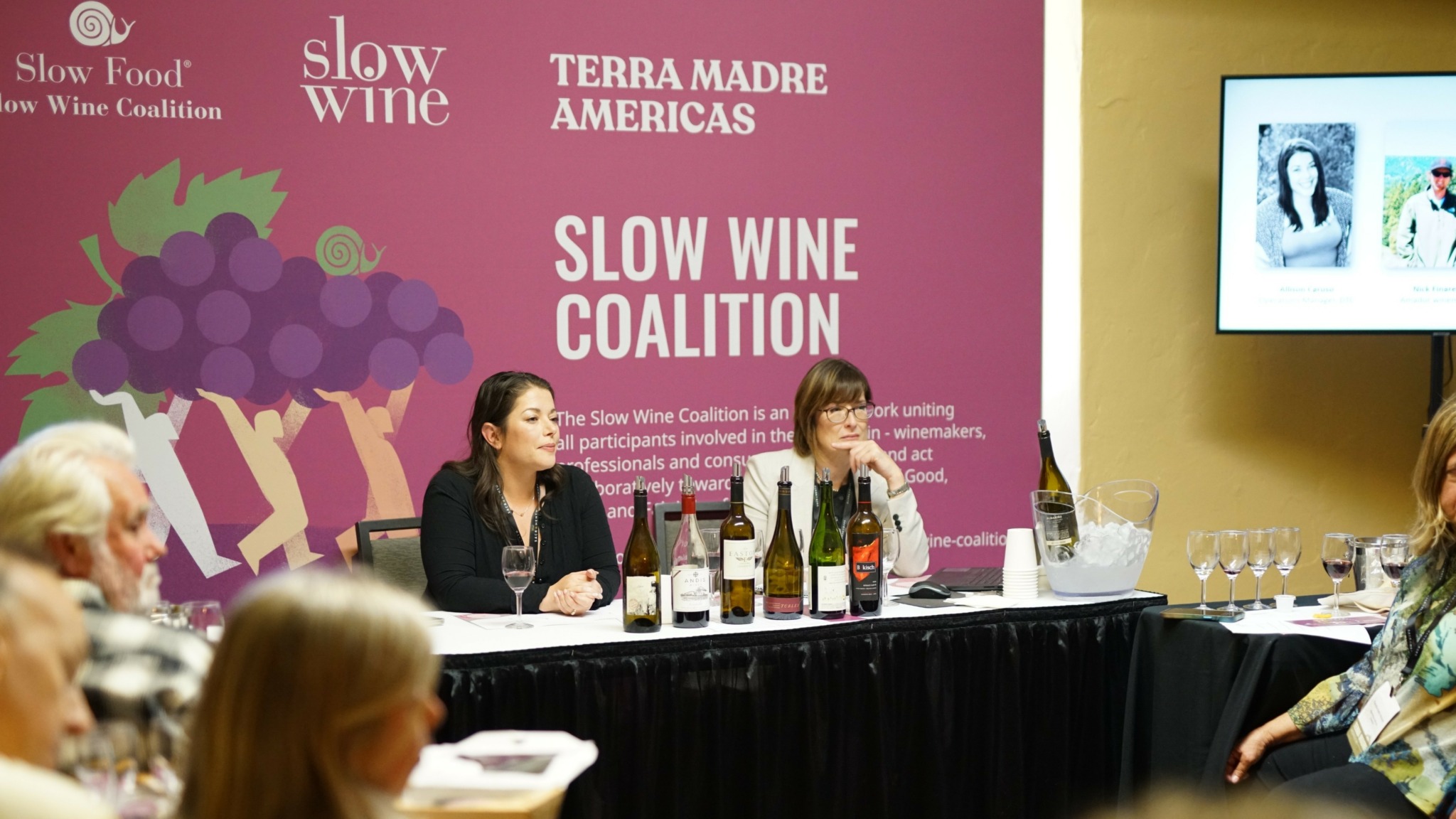
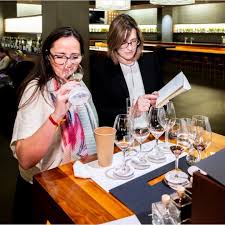
Where do you think you get most of your clients from?
Using one activity as a feeder for another. The interconnectedness of my professional activities is the best source of new students for my WSET school. I teach academic wine classes at three schools and many of those students want to continue their studies through my WSET school. Typically, I’ll have full sessions of pre-qualified students with no need to market the WSET classes. WSET is lucrative if somewhat burdensome administratively and I enjoy watching students succeed in the rigorous program.
Being a generalist instead of a specialist. As a journalist, I’m out doing field study around the world meeting new people and looking for opportunities. Having a global approach instead of specializing has been very helpful in gaining new consulting clients and finding opportunities.
Contact Info:
- Website: https://www.deborahparkerwong.com
- Instagram: https://www.instagram.com/deborahparkerwong/
- Facebook: https://www.facebook.com/deborah.parker.wong/, https://www.facebook.com/deborahparkerwongdwset/
- Linkedin: https://www.linkedin.com/in/deborahparkerwong/
- Youtube: https://www.youtube.com/@DeborahParkerWong
